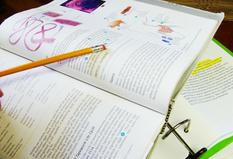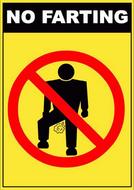 | ||||
Metabolism: Anaerobic Respiration & Fermentation
Review Questions
Virtual Cell Biology Classroom of Science Prof Online
Anaerobic Respiration & Fermentation Review Qus
 | ||||
These multiple choice and true/false questions are designed to help students practice and test their understanding of
Page last updated: 12/2015
SPO VIRTUAL CLASSROOMS
These are review questions from the Virtual Cell Biology Classroom, designed to help students better understand the Anaerobic Respiration. They are based on materials that can be found on the Anaerobic Respiration & Fermentation Lecture Main Page.
3. How many ATP are produced during fermentation of one glucose molecule? During what specific process is the ATP produced?
4. If yeast, sugar and water are mixed together, the yeast will metabolize the sugar using the process of fermentation. If this process takes place in a sealed container, the bubbles produced during fermentation will be trapped. What substance are these bubbles made of?
1. Compare and contrast aerobic respiration, anaerobic respiration and fermentation. (In order to answer this you must define each and then point out the differences.)
2. Which type of metabolism is most energy efficient? Which is least Why?
5. Explain how fermentation is more than just glycolysis. Why are the additional steps beyond the reactions of glycolysis necessary?
6. The making bread, beer, wine, cheese each involve fermentation. Choose one of these products and describe, in detail, how fermentation is involved in its production (This is a research question, meaning that you will need to look up information in order answer).



